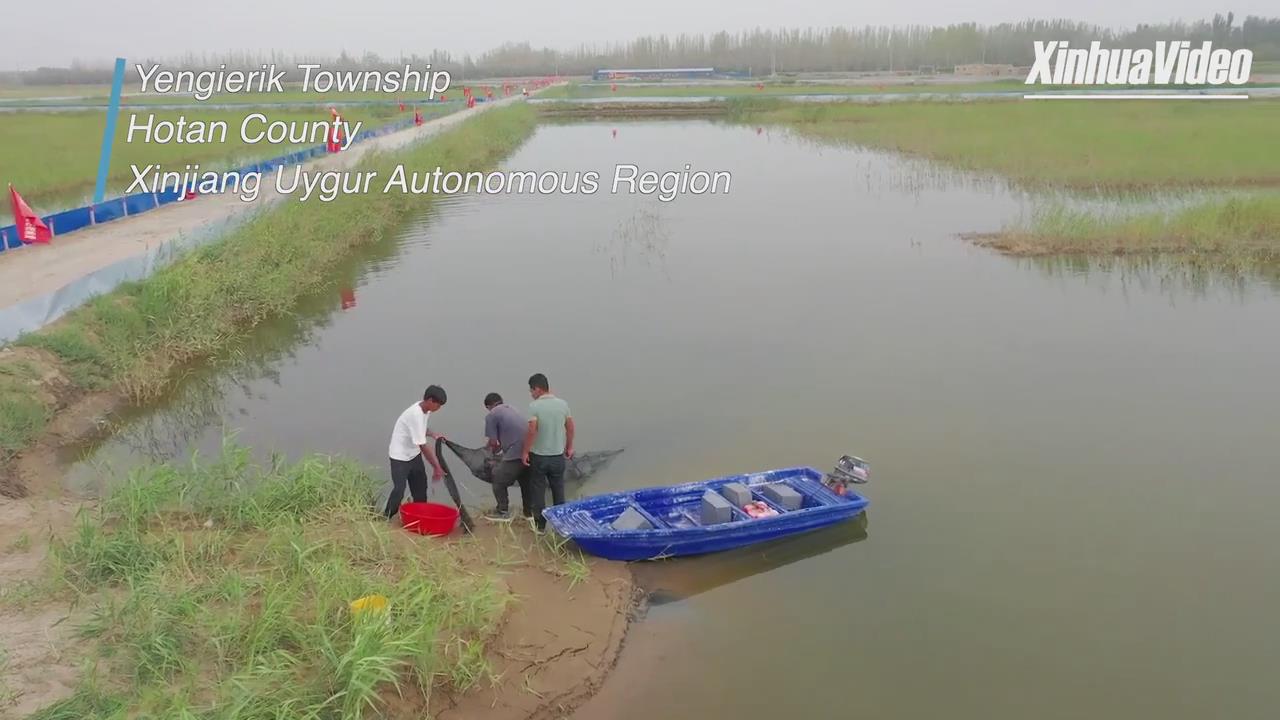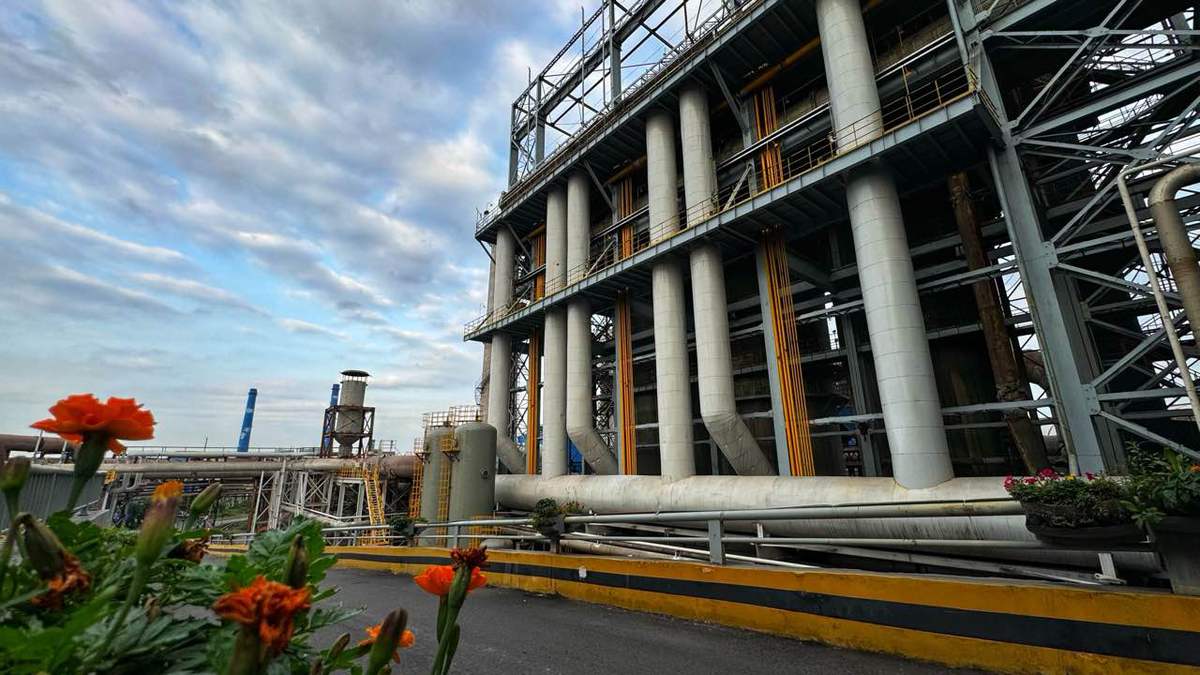Northwest China's Xinjiang Uygur autonomous region has started building an ecological and environmental observation station that is being jointly constructed and will be co-used by multiple parties.
The station, located in the Jiadengyu area of the Altay prefecture, is being co-established by the natural resources comprehensive survey command center of the China Geological Survey (CGS), the regional land resources comprehensive management center, the Xinjiang Institute of Ecology and Geography of the Chinese Academy of Sciences (CAS), the natural resources bureau of the Altay Prefecture and the natural resources comprehensive survey command center of the regional capital Urumqi of CGS.
The building of the station, the first of its kind in Xinjiang that breaks industrial barriers and is shared by multiple parties, has created a cooperation mode involving local functional departments, scientific research institutions and the Xinjiang branches of central institutions, said Liu Tie, a researcher with the Xinjiang Institute of Ecology and Geography of CAS.
The station will effectively support the protection and utilization of natural resources and the ecological environment in Xinjiang, while also promoting observation and early warning systems related to natural resources and the ecological environment in this region, he said.
Liu, 46, has been engaged in hydrology and water resources research in Xinjiang since 2013.
"In the past, we worked all by ourselves and had obstacles in coordinating other related departments," said Liu. "Now that we have the support of these departments, research efficiency will be greatly improved."
Liu added that the natural resources departments, the CAS and other parties are delivering research equipment to the station under construction.
Situated at the junction of Central Asia and East Asia, the Jiadengyu area has a complex climate with the land surface environment transiting between Arctic and Asian alpine zones. The area is rich in forests, grasslands, rivers, lakes, wetlands and ice and snow resources, forming an ecological system with diverse terrain.
The data collected in this unique geographical location can sensitively reflect details of climate, ecological and environmental changes, making it an ideal place to carry out relevant research, according to Liu.
In particular, the observation of snow cover will help figure out the impact of climate change on local snow cover and glacier resources, forecast climate change's potential impact on water, forest and grass resources, and provide a scientific basis for addressing the challenge of climate change, he added.



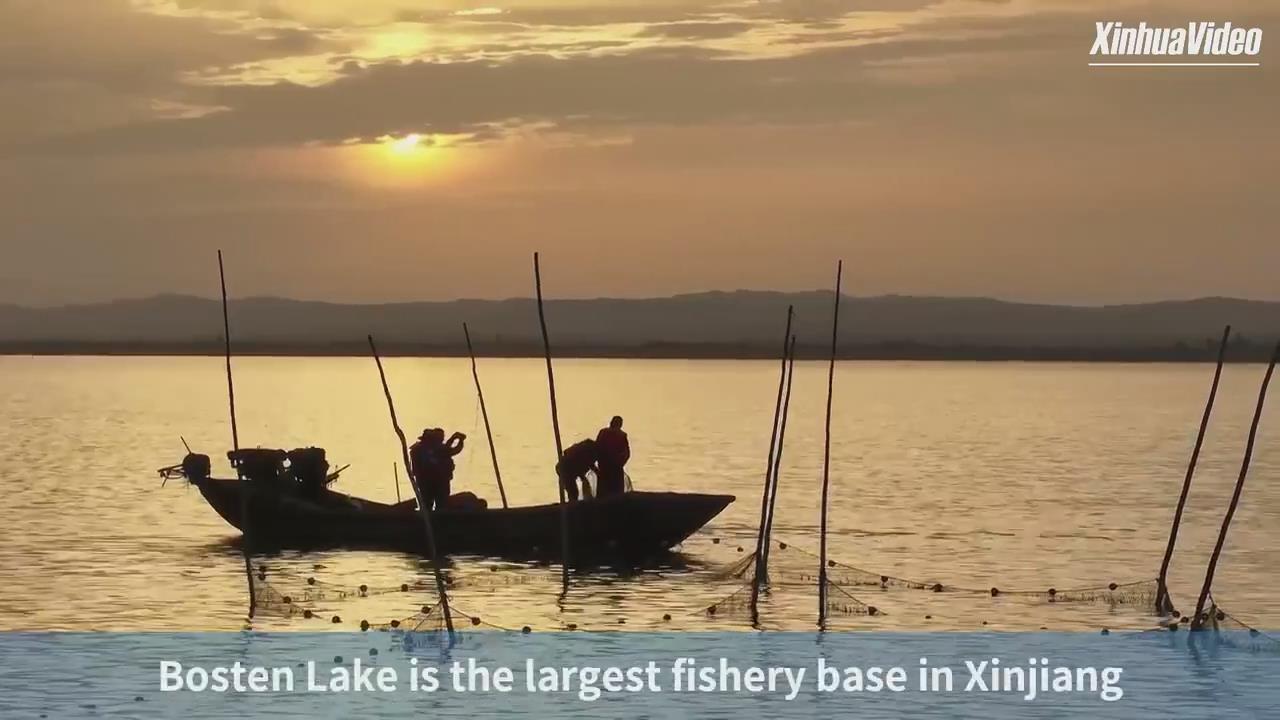
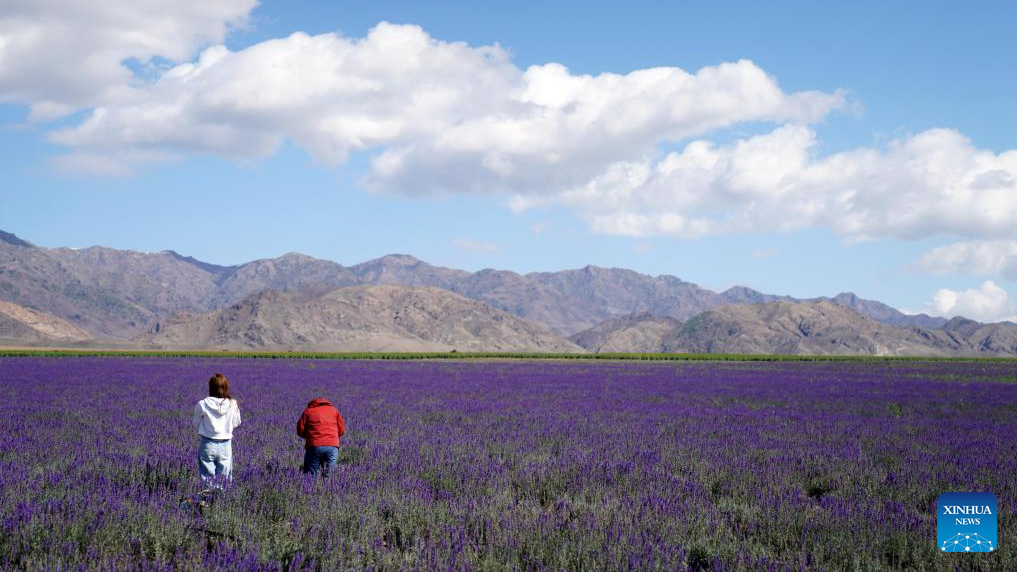
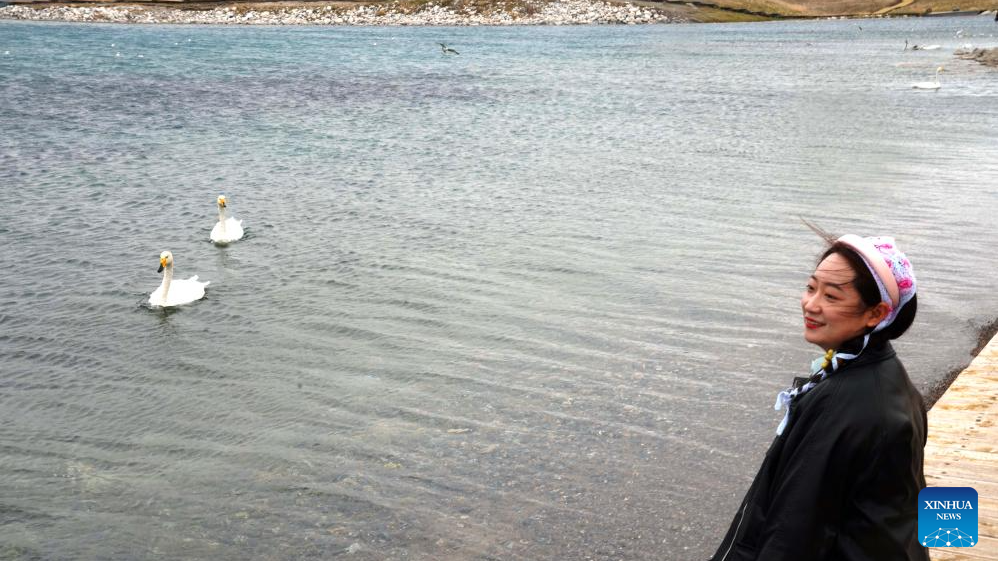
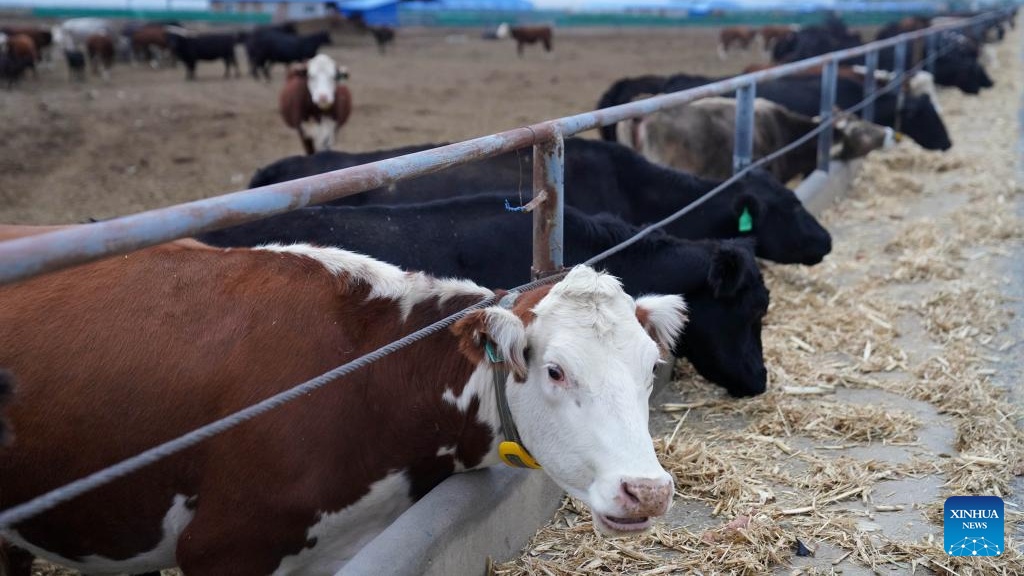






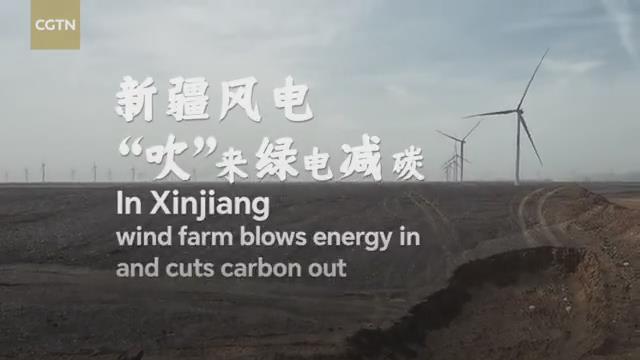



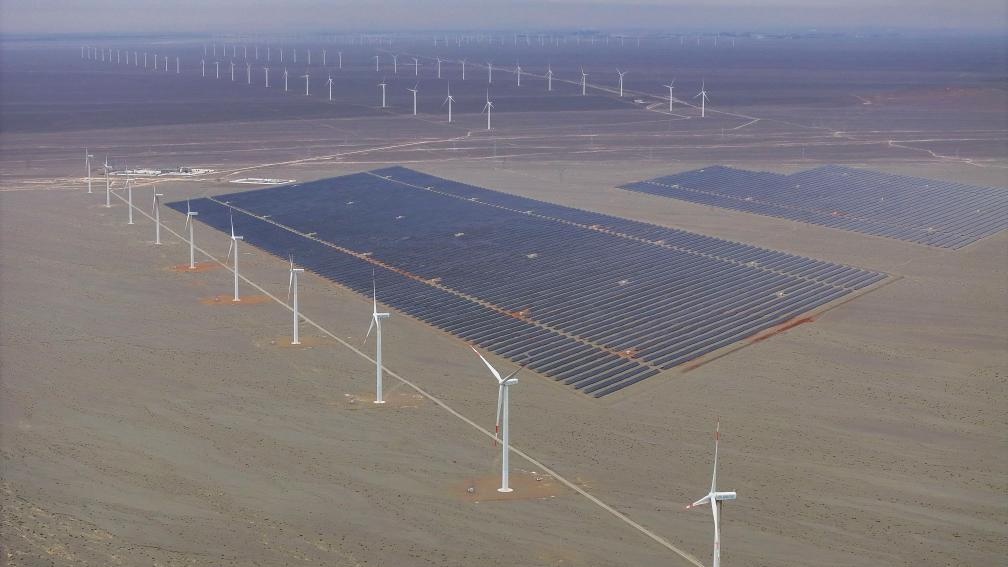




.jpg)



